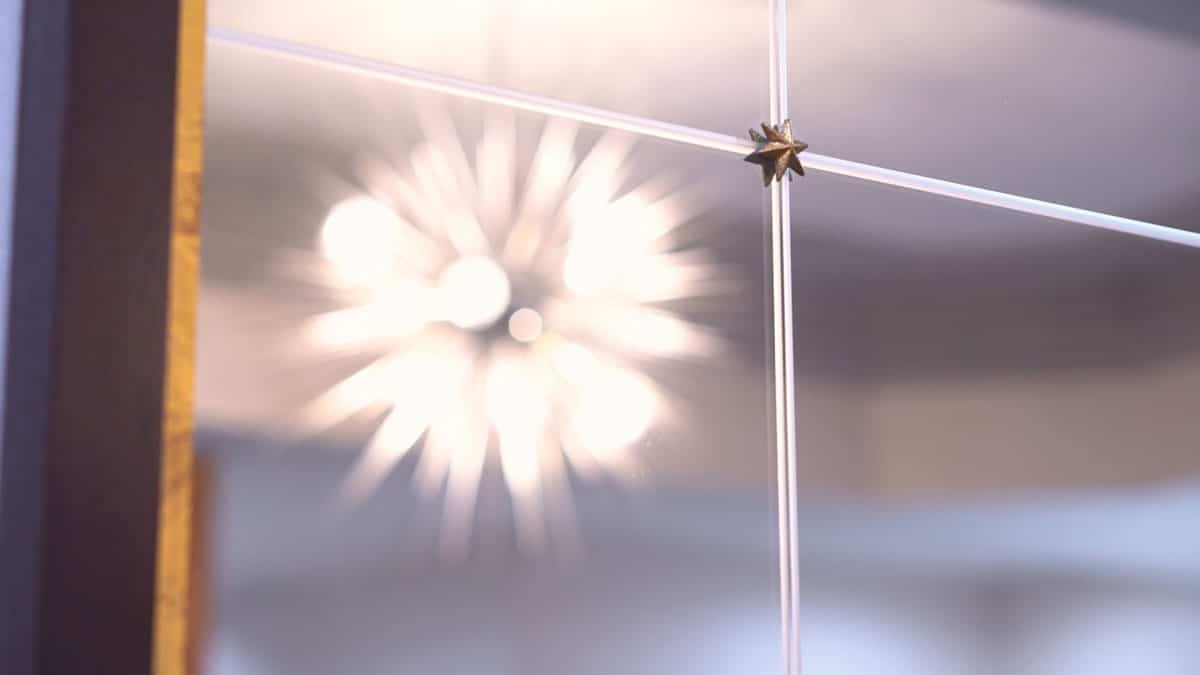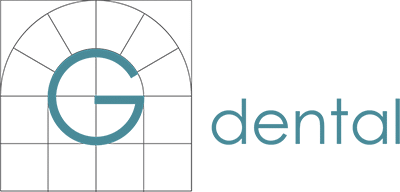Sleep Apnea Treatment in NYC

What Is Sleep Apnea?
Obstructive Sleep Apnea (OSA) is a sleep disorder characterized by pauses in breathing or periods of shallow breathing during sleep. These pauses are usually preceded by loud snoring. Each pause can last 10 seconds or longer and can occur many times a night. There may be a choking or snorting sound as breathing resumes. As a result, individuals with apnea are often tired during the day.
Our staff is trained in sleep medicine and an OSA device provides effective treatment for mild to moderate sleep apnea. The gold standard for the diagnosis of sleep apnea is a formal sleep study, and home-based studies are available. An evaluation by a medical doctor specializing in sleep medicine is recommended to evaluate your level of sleep apnea.
What Causes Sleep Apnea?
In obstructive sleep apnea, the muscles at the back of your throat relax too much and obstruct your airflow. This narrows or closes your airway and may reduce the amount of oxygen you receive through the night. You wake up as the brain senses there is a problem and choke or gasp to start breathing normally again. This happens so fast that you might not even recall waking up throughout the night.
Signs of Sleep Apnea
In many cases, a patient with sleep apnea may not be aware of the problem. Oftentimes a partner notices the issue and recommends seeking treatment. Obstructive sleep apnea is characterized by:
- Loud snoring: Snoring is one of the most common signs of sleep apnea. Although snoring is not always a symptom, you may want to consult your doctor if you snore loudly enough to disturb your own or your partner’s sleep. In people with sleep apnea, periods of loud snoring are often interspersed with periods of silence.
- Pauses in breathing: Sleep apnea will cause you to stop breathing, often on multiple occasions, throughout the night. You may only notice this when you find yourself waking up gasping for air.
- Fatigue: The frequent interruptions in sleep lead to exhaustion during the day. This drowsiness may be so severe that you fall asleep while working or driving.
- Other symptoms that can be related to sleep apnea include: Waking up with a sore throat, dry mouth, or morning headaches; sweating at night; mood swings; and high blood pressure.
Effects of Sleep Apnea
Short Term Effects:
- Tiredness upon waking
- Sleepiness
- Lack of energy
- Irritability
- Decreased Sexual Desire/ Impotence
- Dry mouth or sore throat
Medium and Long Term Effects:
- High blood pressure
- Stroke
- Diabetes
- Cardiovascular problems
- Depression
- Glaucoma
- Hearing problems
Treatment Options
Moderate to severe sleep apnea is treated with the use of a continuous positive airway pressure (CPAP) device. For mild to moderate OSA, or when a CPAP device is not tolerated, a custom fabricated oral sleep apnea device (OSAD) can be made by a dentist as a more comfortable form of treatment.
Custom oral appliances support the jaw in a forward position to help maintain an open airway. They can help reduce or eliminate snoring and vastly improve sleep quality. Approximately 85% of adults with OSA are undiagnosed. Should you suffer from the aforementioned symptoms, or suspect that you have OSA, a consultation with an ear, nose, and throat (ENT) specialist is recommended. Please reach out to our office with questions or concerns.
Schedule an Appointment Today
Call us at 212-486-6622 to schedule an appointment to find the best way to manage your sleep apnea and finally get a restful night of sleep.

